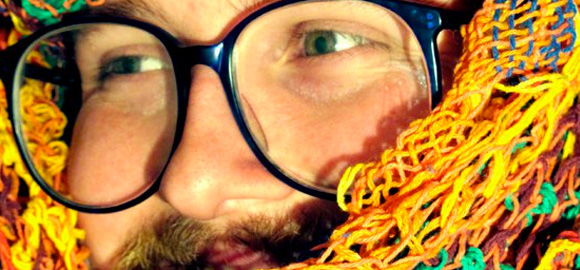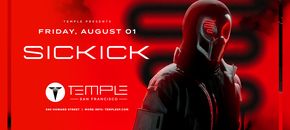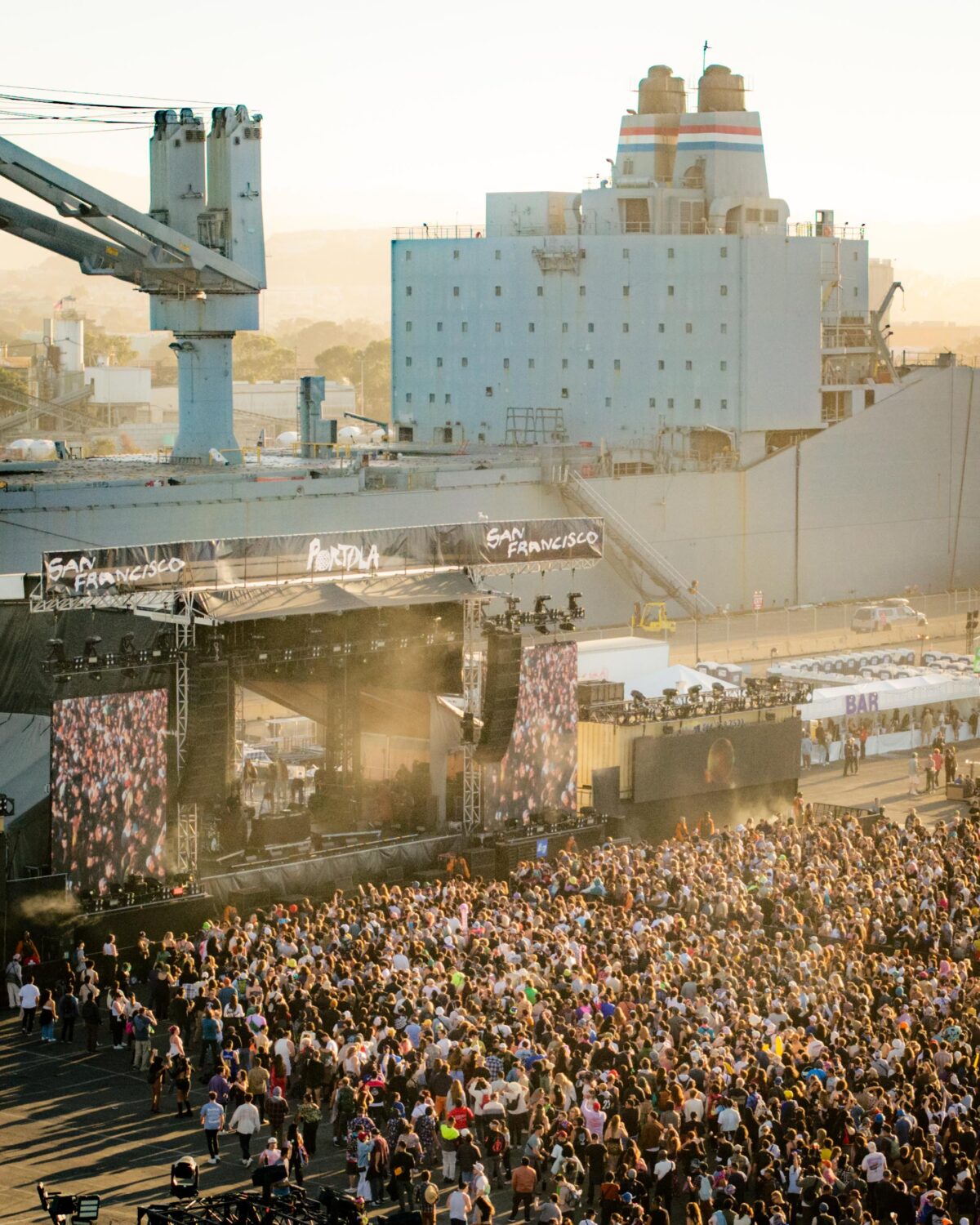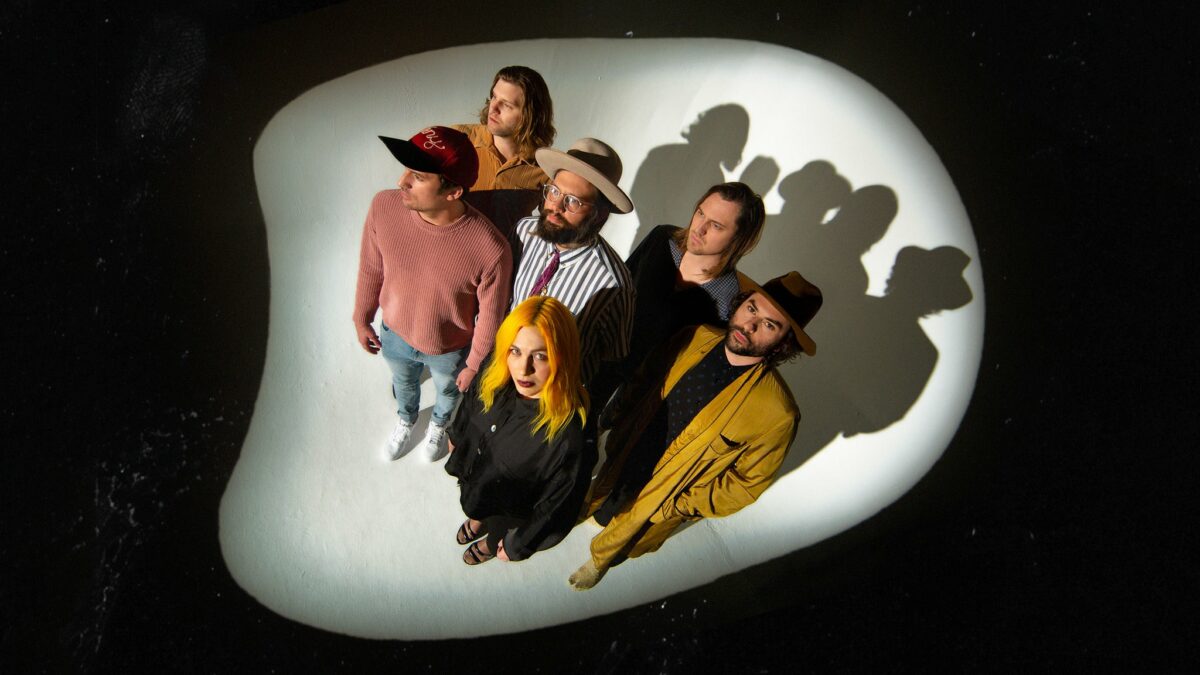Noise Pop Preview: Dan Deacon Q&A
Dan Deacon has reached a turning point in 2011. He has just written and conducted his first symphony performed by the Kitchener-Waterloo Symphony in Ontario, Canada, and he will soon complete a film score for Francis Ford Coppola’s newest movie, Twixt Now.
It’s a personal growth that was necessitated from a realization he gained during a lecture by Meredith Monk who at the time suggested contemporary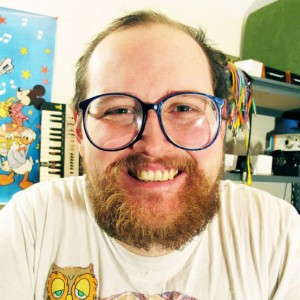 listeners no longer desire new music. In a phone interview with SF Station, Deacon explained that with the early 20th century “everyone was trying to be the first to do this or that, and there were a lot of great ideas that came up, but were not perfected — expansion is the work of the 21st century.” He performs solo as part of the Noise Pop at the Independent on February 22nd and at the Rickshaw Stop on February 23rd.
listeners no longer desire new music. In a phone interview with SF Station, Deacon explained that with the early 20th century “everyone was trying to be the first to do this or that, and there were a lot of great ideas that came up, but were not perfected — expansion is the work of the 21st century.” He performs solo as part of the Noise Pop at the Independent on February 22nd and at the Rickshaw Stop on February 23rd.
SF Station (SFS): Have you had any particular experience, such as a live performance, where you walked away you felt like, “I want to be engaging my fans like they are?”
Dan Deacon (DD): No, the interaction came really slowly and organically. It started the first time when I was in this small basement club in New York called, Apocalypse Lounge, and they needed to bring out cases of beer for the upstairs bar. They would let people have shows in the basement external from the bars because they didn’t care about the shows. They had to turn the lights on — these really bright, bright, lights — and normally it would kill the vibe of the show. I tried to find a way to make this work, and so I asked people to have a dance contest and it went really well. It was the highlight of the set, and for me the highlight of the tour.
I started incorporating it more and more into the show, and from there, more interactive things started happening. I guess when I first started it was a weird mixture of dance music and monologues. Most of the time the audience was twenty-five people max, so it was really easy to bounce back and forth between raging party and surrealist rant. But when you have few hundred people in the room it just takes one dickhead to be like “shut up play the music!” to put negatives thoughts [in my head] and make it difficult to engage the audience on that level. I think that’s why as I got larger I started doing more physical interaction based on activities, rather than based on the stage presence.
SFS: Though you’re a trained musical composer, I’ve read you chose to write electronic music rather than sheet music because of its accessibility for manipulation and perfection. Have your feelings changed since your recent work with the Kitchener-Waterloo Symphony?
DD: It definitely changed throughout the year. I think my frustration early on was that people wouldn’t play my music. Back in college I was writing very complex, challenging music. At the school I attended the composition department was really radical and experimental, but the performance department was really conservative and traditionalist. That was frustrating. I could write the same music on a computer and hear it played and exist, so I was like, “fuck instruments, there’s a reason why orchestras are dying.”
SFS: Now reflecting back on your work with the Kitchener-Waterloo Symphony how do you feel with the results of your work?
DD: Working with the Kitchener-Waterloo orchestra was really great because they understood my limitations. My limitations were about the infrastructure of a lot of the instruments because my music has huge bleeps and range under the register which can be problematic. Being my first piece, I was completely open to suggestions. I wasn’t like one of those orchestrators who’d say, “No! You don’t understand my music!”
SFS: There seems to be a motif in your music of expanding expectations sonically. Is that true?
DD: I think that’s the mindset of most 20th century musicians. I remember seeing Meredith Monk give a lecture on her work, and talking about how when she was in her late twenties the whole goal was to write music that people had never heard of before. Then she said “I don’t know if that’s what people are interested anymore.” The audience gasped at the thought.
It really had an impact on my brain. I was thinking that during the 1930s everyone was trying to be the first to do this or that, and there were a lot of great ideas that came up, but were not perfected. The idea of expansion is the work of the 21st century. I think people are trying to take an idea and take it to its fullest.
SFS: Even as a musician in your work with Francis Ford Coppola you are pushing yourself against your own limits by trying to use more atonal sounds and other methods.
DD: I think it’s important to do. From touring, writing music for the live show, touring, and touring, I created a very successful pattern. I stopped writing music for dance or film. I stopped writing music that didn’t have a place in my live show. I need to break the system in 2011. I need to write music for various contexts, not just a loud blasting club. I can not do it at the cost of my own personal expansion.
Advance tickets for both Dan Deacon performances are sold out. Limited access is available with a Noise Pop badge.
